The United States has officially classified Harpreet Singh, also known as Happy Passia, as a member of an alleged foreign terrorist gang.
The designation by Federal Bureau of Investigation (FBI) Director Kash Patel follows the arrest of the Khalistani terrorist in Sacramento, California.
The move is being interpreted as a key shift in how Washington now views Khalistani-linked terrorism — not as fringe political activism, but as a clear and present danger to domestic and global security.
The decision has far-reaching implications for India-US security cooperation and reflects a growing convergence between the two countries in tackling transnational terrorist networks, especially those rooted in extremist Khalistani ideology.
From Punjab to Sacramento: Who is Happy Passia?
Harpreet Singh alias Happy Passia hails from Pachhia village under the jurisdiction of Ramdas police station in Punjab’s Amritsar district. His journey from a local criminal to a global terror suspect began with his association with the Jaggu Bhagwanpuria gang.
Initially engaged in organised crime, his activities escalated dramatically after coming under the mentorship of Pakistan-based Harwinder Singh Sandhu, better known as Rinda — one of the most active leaders of Babbar Khalsa International (BKI), a designated terrorist organisation under Indian law.
Passia left India on April 1, 2018, heading to Dubai, and returned briefly on February 4, 2019. Subsequently, he travelled to the United Kingdom on October 11, 2020, and then illegally entered the United States using an Indian passport.
Authorities have traced at least two Indian passports issued in his name. According to a report by The Indian Express, a Blue Corner notice was issued against him on January 17, 2025, and a Red Corner notice is currently in progress.
His criminal dossier includes 33 First Information Reports (FIRs) and 10 Look Out Circulars (LOCs).
He is implicated in 16 major terror incidents in Punjab, among them 14 grenade attacks, one IED explosion, and a rocket-propelled grenade (RPG) assault.
These incidents were not random. They targeted police personnel, religious processions, Hindu leaders, liquor contractors, and serving and retired law enforcement officials — part of a deliberate campaign to destabilise the region and generate funds for terror activities.
Attacks orchestrated by the Rinda-Passia network
According to the Punjab Police, Passia’s link with Harwinder Singh Rinda significantly escalated the scale and nature of his violent operations. The duo is accused of orchestrating a series of attacks designed to create widespread fear in Punjab.
One of the most severe incidents was the RPG strike on the Qila Lal Singh police station in Gurdaspur in April 2025. Another was the planting of an IED outside the Ajnala police station in November 2024.
Between September and October 2023, the network targeted liquor vendors and businessmen in Batala and Amritsar through coordinated arson and extortion campaigns. These activities were aimed at extracting protection money to fund terrorist operations.
Their tactics extended to recruiting minors, particularly those suffering from drug addiction, and enticing them with money and narcotics, reported The Indian Express_._
In December 2024, a 17-year-old was arrested and confessed to planting an IED at Ajnala police station in exchange for drugs and cash. The pattern revealed a calculated strategy to exploit vulnerable youth for violent acts.
International collaborators of the Rinda-Passia network
The reach of the Rinda-Passia network was not confined to India. Investigators have uncovered links to several overseas operatives, including Gurdev Singh (alias Jaisal Pehalwan) and Gurpreet Singh (alias Gopi Nawansharia), both reportedly based in the United States, and Swaran Singh (alias Jeevan Faujia) in Germany.
These individuals are believed to have played roles in planning and executing various terror modules, making the case not just a matter of domestic concern for India but a global counter-terrorism challenge.
The FBI Sacramento office, in a statement issued on April 18, noted that Singh had collaborated with both Babbar Khalsa International and Pakistan’s Inter-Services Intelligence (ISI).
The FBI’s statement read, “Singh is suspected to have collaborated with Pakistan’s Inter-State Intelligence (ISI) and the Khalistani terrorist group Babbar Khalsa International (BKI). He had been evading capture by using untraceable burner phones and encrypted applications.”
Gaurav Yadav, Director General of Police, Punjab, also echoed the sentiment, stating that Passia’s arrest was “a major milestone in the sustained crackdown on ISI-backed terror networks.”
The arrest of Harpreet Singh @ Happy Passia, a #USA-based key operative of ISI-backed Babbar Khalsa International (#BKI) and close associate of #Pakistan-based Terrorist Rinda, is a major milestone in the sustained crackdown on ISI-backed terror networks.
— DGP Punjab Police (@DGPPunjabPolice) April 18, 2025
Between 2023–2025,… pic.twitter.com/Q0VzHe1ABz
The direct reference to ISI in an official US federal law enforcement statement has been viewed by intelligence officials as a pivotal moment in US policy posture.
Why Kash Patel’s statement matters
FBI Director Kash Patel made the announcement about Passia’s arrest and terror designation through a public post on the platform X (formerly Twitter), writing:
“CAPTURED: HARPREET SINGH, part of an alleged foreign terrorist gang here illegally in the United States, who we believe was involved in planning multiple attacks on police stations both in India and the United States. FBI Sacramento conducted the investigation in coordination with our local partners as well as Indian counterparts. Excellent work from all involved - justice will be served. The FBI will continue to pursue those who perpetrate violence, no matter where they are.”
CAPTURED: HARPREET SINGH, part of an alleged foreign terrorist gang here illegally in the United States, who we believe was involved in planning multiple attacks on police stations both in India and the United States.@FBISacramento conducted the investigation coordinating with… pic.twitter.com/JKB1dfjo2P
— FBI Director Kash Patel (@FBIDirectorKash) April 21, 2025
The statement is notable not just for its clarity but for the underlying message — a firm acknowledgement that Khalistani-linked terror operations are now also seen as a direct threat to US interests.
Intelligence analysts point to a broader policy recalibration under the Trump administration. Earlier, Western security agencies were often reluctant to categorise Khalistani groups as terror organisations, instead viewing their activities through the lens of asylum and political expression.
This hesitance allowed figures like Passia to enter countries like Canada and the US with relative ease, operating from these locations with minimal interference.
The latest developments indicate a marked shift in that approach. The case is now being seen as a model for future India-US collaboration on counter-terrorism, including intelligence sharing, joint investigations, and tracking of international funding channels that support extremist operations.
What this means for India-US security ties
Indian agencies such as the National Investigation Agency (NIA) and the Research and Analysis Wing (RAW) have long flagged groups like BKI and Khalistan Zindabad Force (KZF) as serious security threats. The new level of responsiveness from US law enforcement represents a validation of those concerns.
Following his involvement in a grenade attack on the residence of a retired police officer in Chandigarh, the NIA had announced a reward of Rs 5 lakh for information leading to Passia’s capture.
His eventual arrest is not only a breakthrough for Indian law enforcement but also marks the emergence of a more robust, cooperative international front against Khalistani terror networks.
The arrest and classification of Happy Passia as a member of a foreign terrorist gang by the FBI could set the tone for a renewed global crackdown on violent Khalistani terrorism.
For India, it is a long-awaited affirmation that its repeated warnings about Khalistani-linked terror activities are being taken seriously on the world stage.
Also Watch:
With inputs from agencies


)
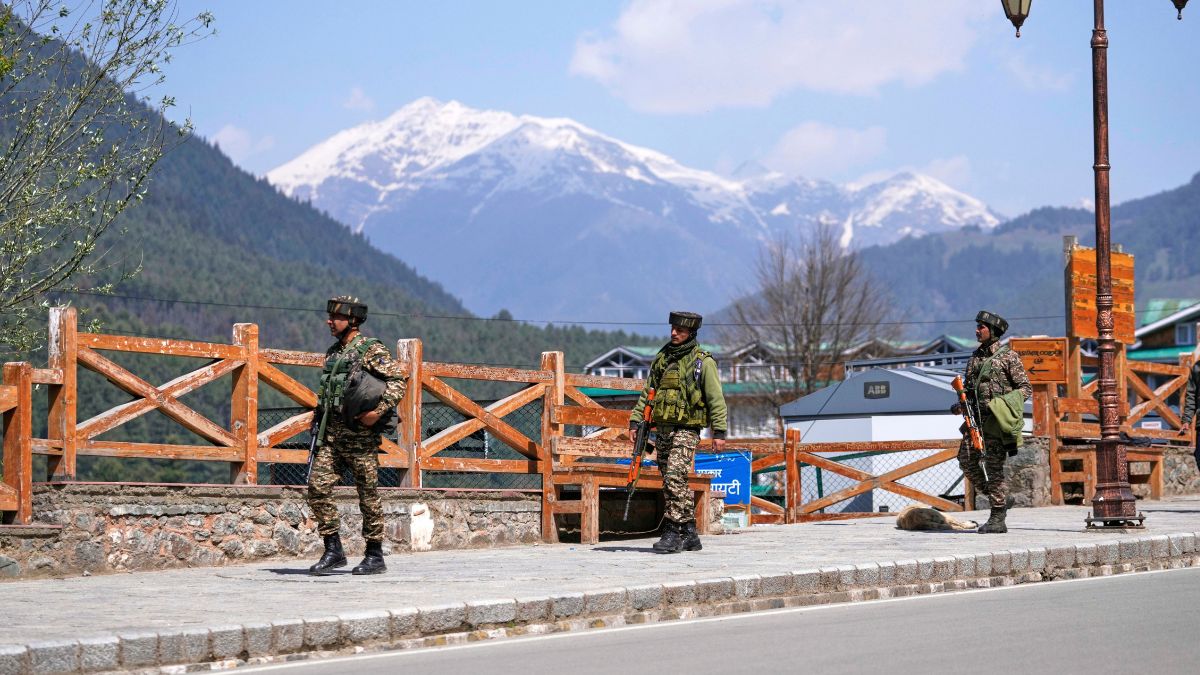)
)
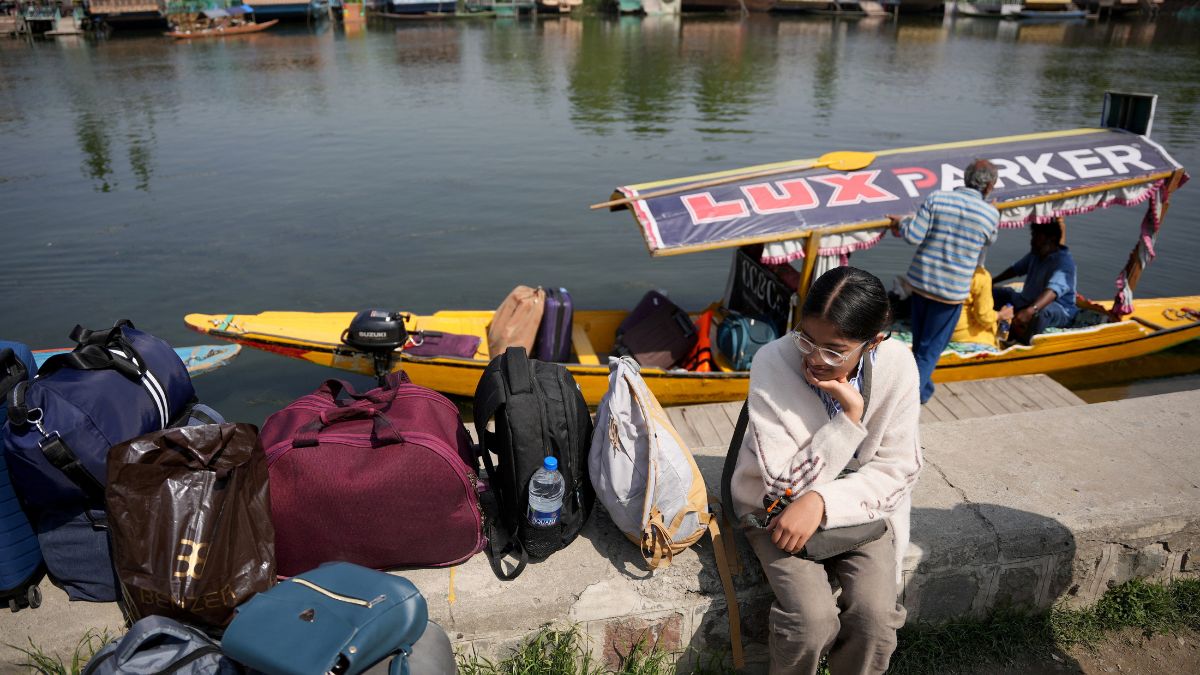)
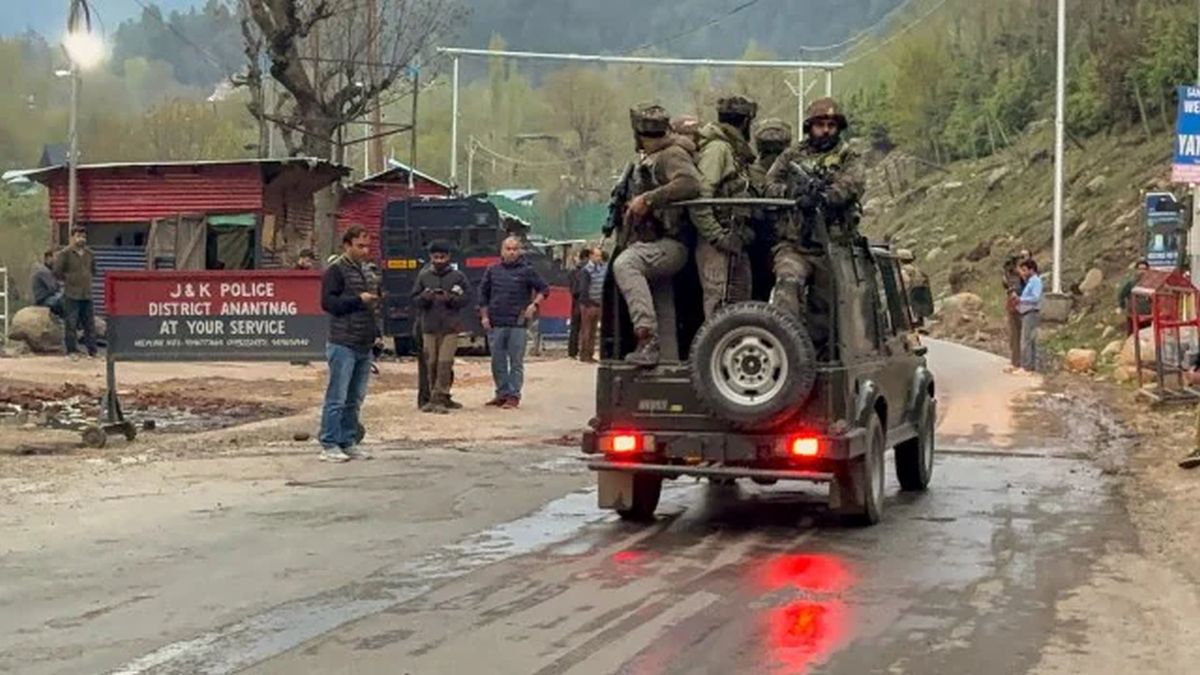)
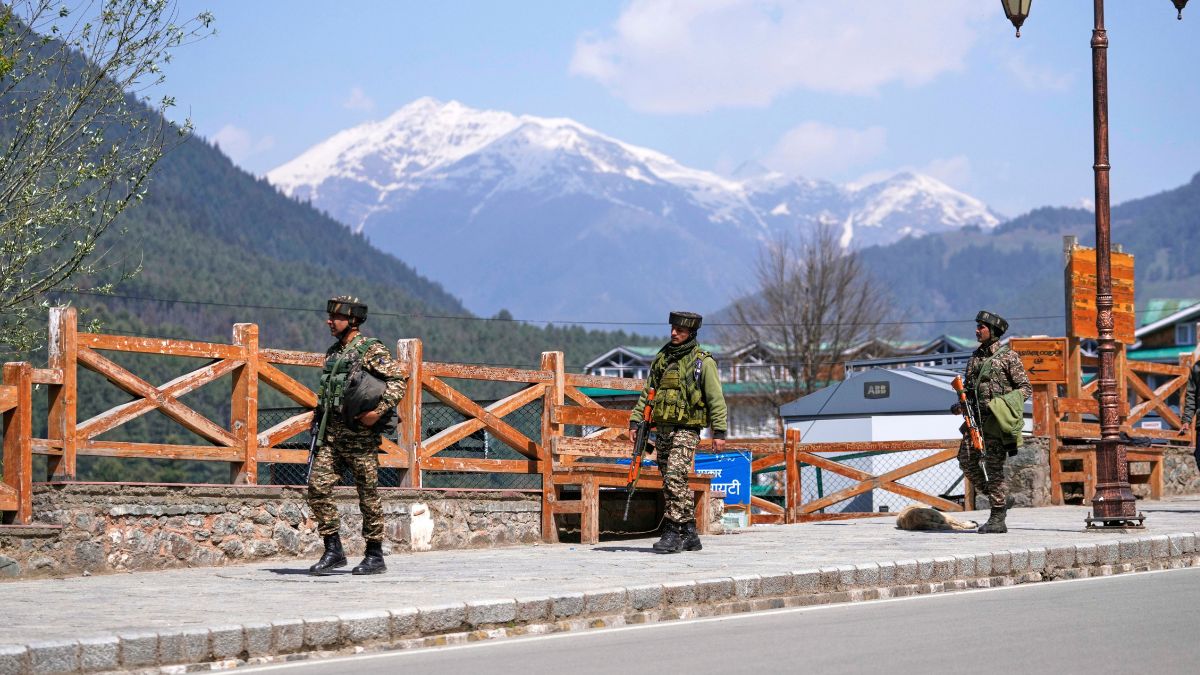)
)
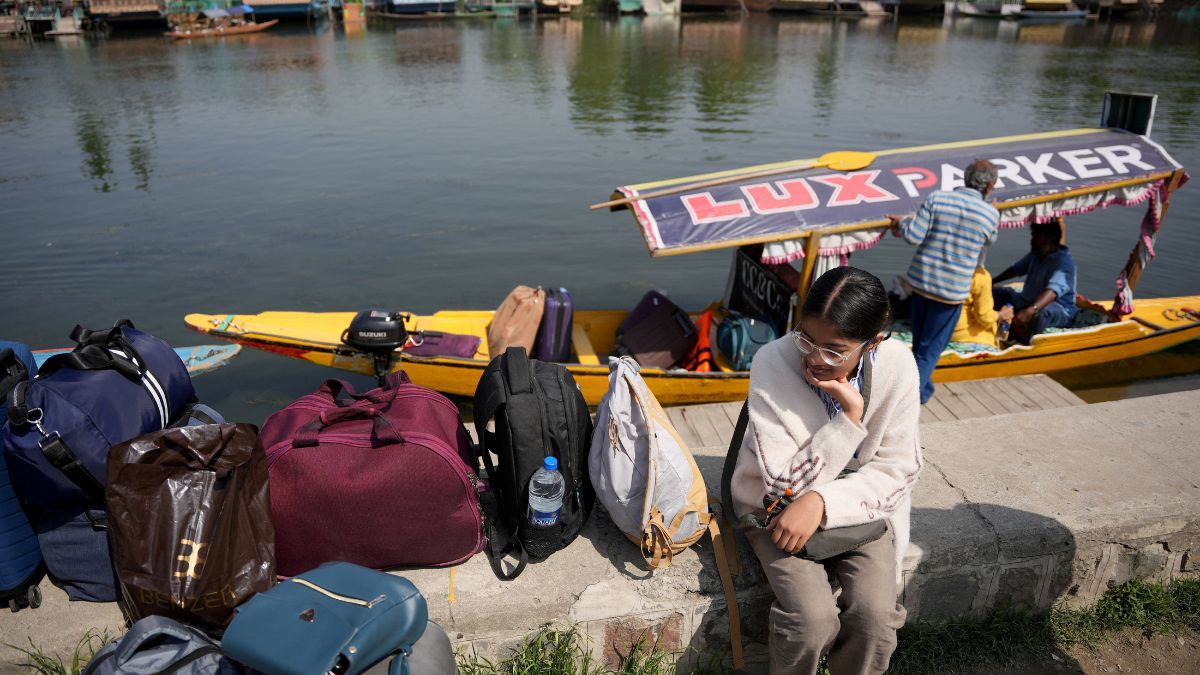)
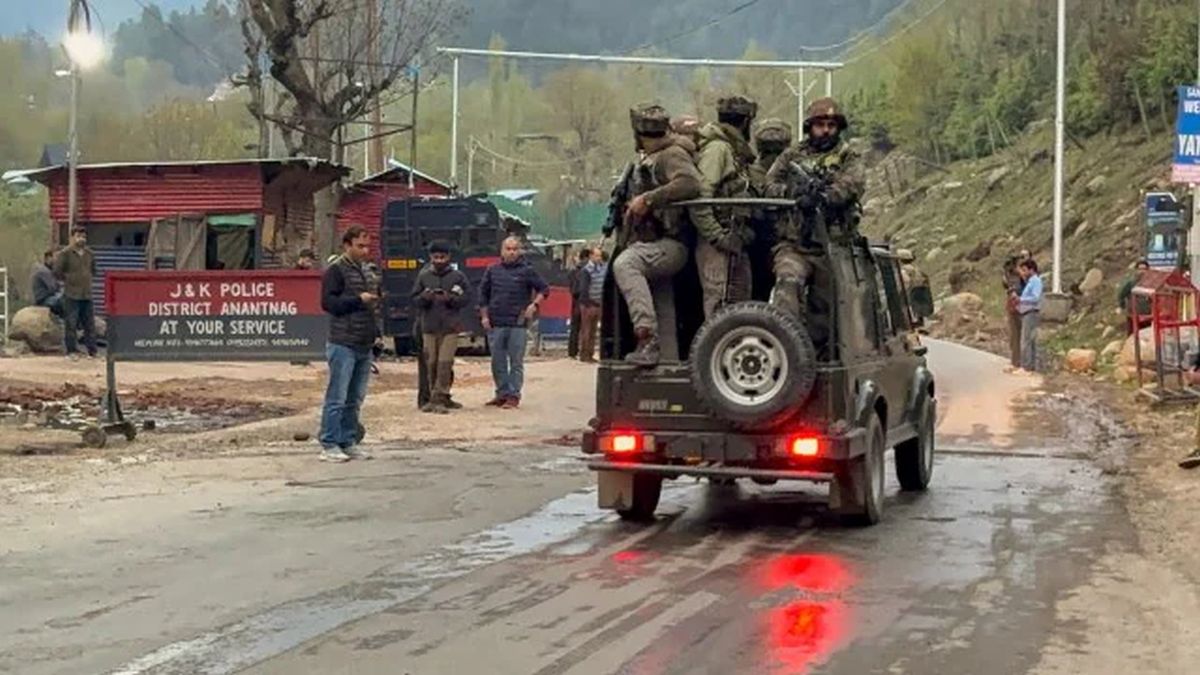)